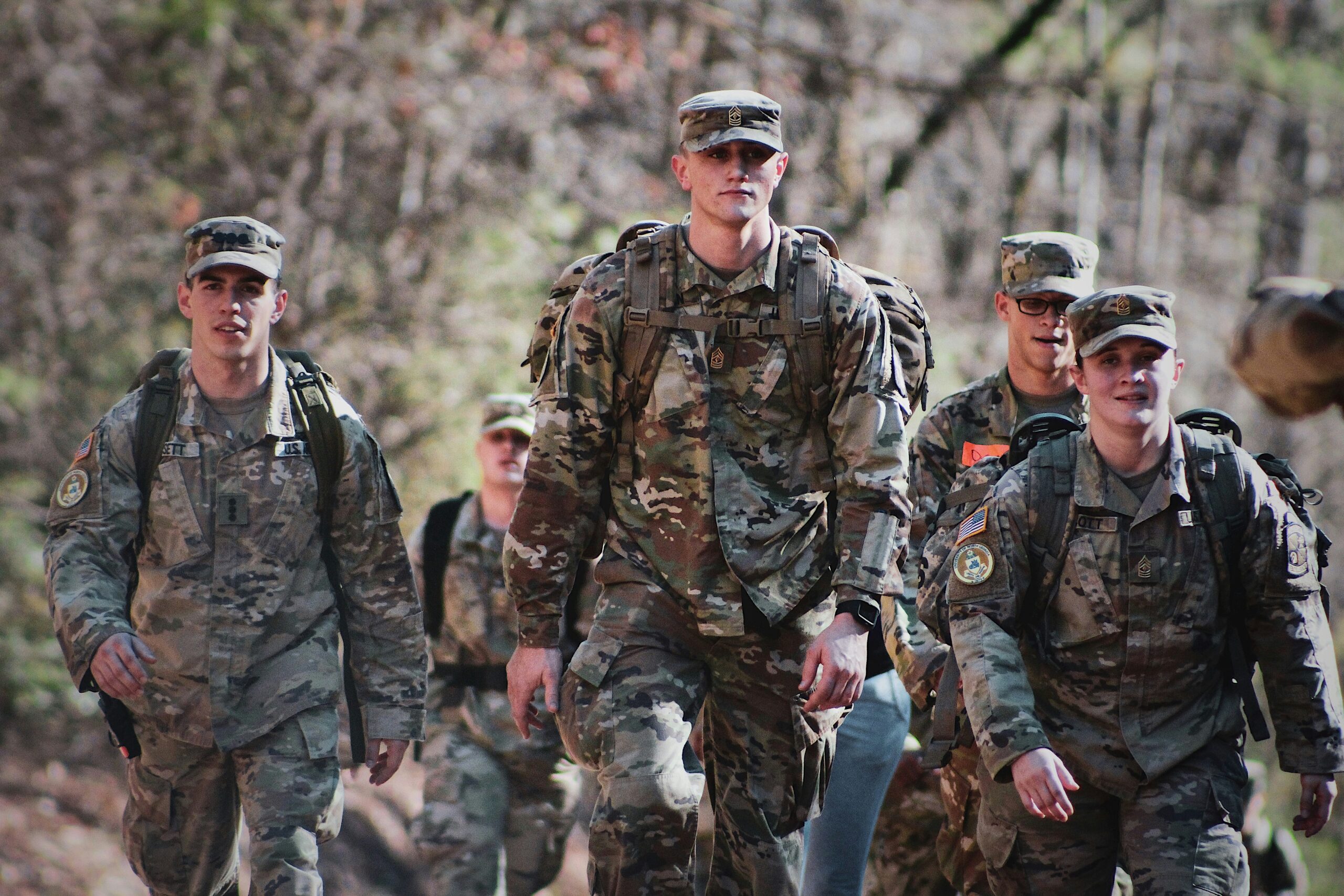
Leadership in the military is forged in high-pressure environments, where quick decision-making, strategic thinking, and unwavering discipline are critical for success. The lessons learned on the battlefield often translate seamlessly into the business world, providing a framework for effective management, team cohesion, and organizational growth. From risk assessment to resilience, military commanders bring a wealth of knowledge that can guide leaders in navigating the complexities of corporate life.
Leadership Lessons from a Military Commander
Military commanders are trained to lead diverse teams in dynamic and often unpredictable environments. Their experience emphasizes the importance of vision, communication, and adaptability.
Translating these principles into business involves recognizing the similarities between military operations and corporate strategy: both require clear objectives, effective coordination, and the ability to respond swiftly to challenges.
One key lesson from military leadership is the value of decisive action. In combat, hesitation can have serious consequences. Similarly, in business, leaders must make informed decisions promptly to seize opportunities and mitigate risks. Commanders develop the ability to evaluate complex situations, weigh alternatives, and implement strategies with confidence—skills that are directly applicable to business decision-making.
Strategic Planning and Situational Awareness
In the military, planning and situational awareness are critical for mission success. Commanders must anticipate challenges, consider resources, and evaluate enemy movements. In business, these same skills translate into market analysis, risk assessment, and strategic planning. Leaders must understand the competitive landscape, anticipate trends, and align resources to achieve organizational goals.
Situational awareness also involves recognizing the strengths and weaknesses of both the team and the environment. Military commanders assess personnel capabilities, terrain, and external factors to optimize performance. In business, leaders evaluate team skills, operational constraints, and market conditions to make strategic decisions that drive success. This proactive approach helps companies to navigate uncertainty and maintain a competitive edge.
Team Building and Empowerment
Effective military leaders understand that success depends on the collective effort of their team. They focus on building trust, fostering collaboration, and empowering subordinates to take initiative. In business, these principles are equally vital. Leaders who invest in team development create a motivated, accountable, and resilient workforce.
Empowerment encourages innovation and problem-solving, as team members feel confident contributing ideas and taking ownership of projects. Military leaders also emphasize mentorship, training, and continuous feedback, which translate into professional development programs, coaching, and performance management in the corporate setting. Strong teams are the foundation of sustainable success in both military and business contexts.
Adaptability and Resilience
The battlefield is unpredictable, requiring leaders to adapt quickly to changing circumstances. Military commanders cultivate resilience, remaining focused under pressure and adjusting strategies as conditions evolve. In business, adaptability and resilience are equally important. Leaders face shifting markets, technological disruption, and unexpected challenges that demand flexibility and composure.
By embracing change and maintaining a solutions-oriented mindset, leaders can turn obstacles into opportunities. Military-inspired resilience also encourages a culture of perseverance, where setbacks are viewed as learning experiences rather than failures. This mindset fosters long-term growth, innovation, and organizational stability.
Communication and Clarity
Clear communication is a cornerstone of military leadership. Orders must be precise, concise, and understood by all team members to ensure coordinated action. In business, effective communication is just as critical. Leaders must articulate goals, expectations, and strategies clearly to align teams and stakeholders.
Active listening, transparency, and regular updates strengthen trust and engagement within the organization. Military leaders also emphasize the importance of feedback loops, ensuring that information flows both up and down the chain of command. Applying these principles in business promotes clarity, reduces misunderstandings, and enhances operational efficiency.
Risk Management and Decision-Making
Military commanders routinely assess risks, weighing potential gains against possible consequences. This structured approach to risk management is invaluable in business, where leaders must make decisions in the face of uncertainty. By analyzing data, evaluating scenarios, and considering contingencies, leaders can make informed choices that minimize adverse outcomes and maximize success.
Decision-making under pressure is another shared skill between military and business leadership. The ability to remain calm, evaluate options quickly, and execute a plan decisively is essential for navigating crises, seizing opportunities, and maintaining organizational momentum. Military experience instills confidence and judgment that is directly transferable to high-stakes business situations.
Ethical Leadership and Accountability
Integrity and accountability are fundamental to military leadership. Commanders are responsible for the welfare of their troops and the outcomes of their decisions. In business, ethical leadership fosters trust, credibility, and long-term sustainability. Leaders who prioritize honesty, fairness, and responsibility cultivate a culture where employees feel valued and motivated to contribute their best work.
Accountability also involves taking ownership of successes and failures. Military commanders model responsibility, demonstrating that leadership requires courage, humility, and commitment. In business, this principle strengthens team cohesion, encourages transparency, and reinforces a culture of continuous improvement.
Leading Through Change and Innovation
Military operations often require innovation to overcome obstacles and achieve objectives. Commanders encourage creative thinking, experimentation, and adaptive strategies. In business, fostering a culture of innovation is equally critical. Leaders must inspire teams to challenge assumptions, explore new solutions, and embrace emerging technologies.
By integrating military-style strategic thinking with innovative practices, business leaders can anticipate challenges, seize opportunities, and maintain a competitive advantage. Encouraging calculated risk-taking and creative problem-solving ensures that organizations remain agile, resilient, and forward-looking.
The lessons learned on the battlefield offer powerful insights for business leadership. Military commanders bring experience in strategic planning, team building, adaptability, communication, risk management, ethical decision-making, and innovation—skills that are directly applicable to the corporate world.
By applying these principles, business leaders can create resilient organizations, empower teams, and navigate complex challenges with confidence. From battlefield to boardroom, the journey of a military leader underscores the importance of vision, discipline, and a commitment to excellence. The ability to lead with clarity, courage, and adaptability is the ultimate bridge between military command and business success, inspiring leaders to soar to new heights in their professional endeavors.